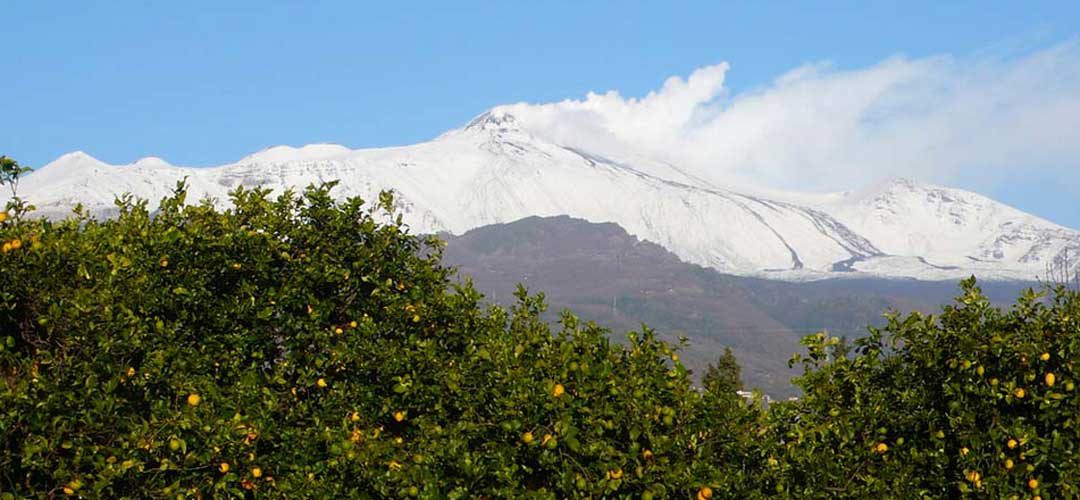A Futurist in Sicily
I spent last summer writing in the farm country of Sicily, a place that usually seems very far from the future. It’s the land where ancient Greek myths lurk in the landscape and the local language, still widely spoken in lieu of Italian, is the oldest in Europe.
The other day I was talking to a young friend, Fabio. Fabio deftly uses all the latest tools of technology to promote his agriturismo business, but keeps them in a clear perspective. “The future,” he told me over a lunch of pasta con limone, “is sometimes the past.”
Fabio offered an example: when he inherited his grandfather’s citrus orchards they had fallen into disuse. Cheaper fruit from Spain and Morocco and Egypt had flooded the European market. But then organic food became popular and Sicily proved to be the gold standard for organic; most farmers there had never used chemicals in the first place. Now Fabio’s lemons are profitable again.
In a similar way I suspect that as artificial intelligence and robotics remove the human element from more and more of what we do, we will find skills from the past become more relevant again. The resurgence of handcrafted goods and food is one example; the art of conversation is another.
When we use new technology to reshape how we work or live, we shouldn’t forget the value of what has come before. As Fabio learned: sometimes the future turns out to need the past.

